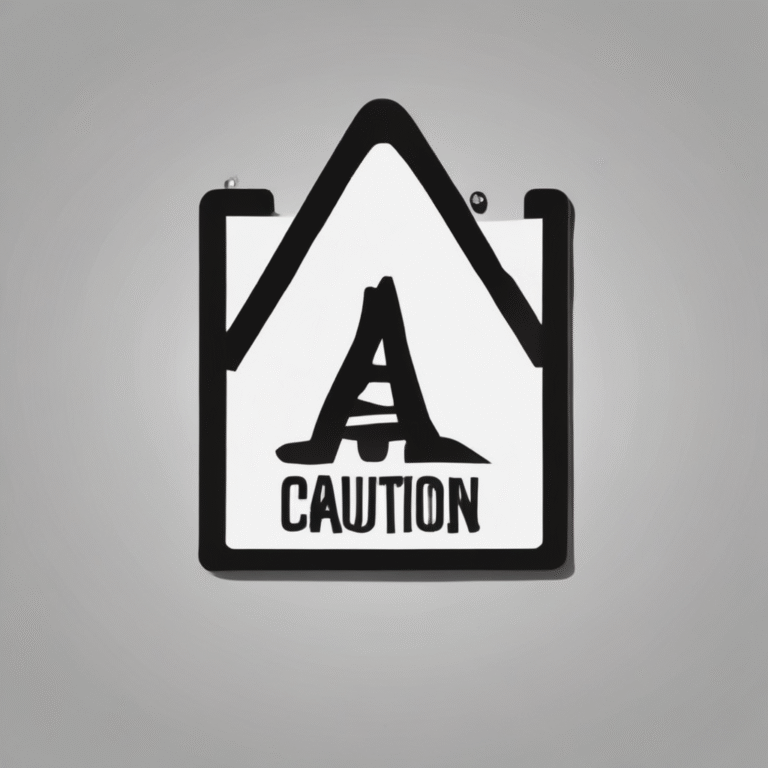New York Lawmakers Push for AI Safety Regulations Amid Federal Opposition
In a significant move, New York state lawmakers are advocating for new safety requirements aimed at the most advanced artificial intelligence (AI) models. This initiative comes as federal lawmakers threaten to override these state rules before they can be enacted.
The RAISE Act: A Comprehensive Safety Plan
Last week, the state Legislature passed a bill that mandates developers of the largest AI models to formulate comprehensive safety plans. These plans must detail the measures taken to mitigate risks that could lead to serious harm.
Known as the Responsible AI Safety and Education (RAISE) Act, the bill requires developers to report significant security incidents, such as instances where an AI model operates autonomously without user input. Additionally, developers could be held liable for violations, allowing the state attorney general to pursue civil fines that could amount to tens of millions of dollars.
Industry Pushback
Tech companies and their advocacy groups are pressuring Governor Kathy Hochul to veto the proposed legislation, arguing that it could stifle innovation in a rapidly evolving field. This opposition coincides with ongoing discussions in Congress regarding a potential 10-year prohibition on state-level AI regulations, which could effectively nullify the RAISE Act before it is implemented.
Supporters of the bill contend that federal action has been insufficient to regulate the swiftly changing AI landscape, emphasizing the necessity for states to explore innovative regulatory approaches.
Key Provisions of the RAISE Act
The RAISE Act is specifically designed for developers of frontier AI models, the most cutting-edge technologies in the AI sector that are developed or deployed in New York. This legislation mandates that:
- Developers implement safety protocols prior to deployment.
- Third-party reviews are conducted and made accessible to the state Department of Homeland Security and the Attorney General’s Office.
The safety protocols are aimed at reducing the risk of “critical harm,” defined as incidents resulting in 100 or more injuries or deaths, or damages exceeding $1 billion. Developers must also consider the potential for AI to facilitate the creation of chemical, biological, or nuclear weapons.
Potential Consequences for Non-Compliance
The attorney general would be empowered to impose fines of up to $10 million for initial violations, escalating to $30 million for subsequent infractions.
Comparison with California’s Regulatory Efforts
California previously attempted to regulate AI developers similarly, but faced significant pushback from tech sectors, resulting in a veto by Governor Gavin Newsom.
Responses from Industry Leaders
Organizations like Tech:NYC, which comprises major tech companies including Google and Meta, have expressed opposition to the RAISE Act. While they support state regulation, they advocate for a national standard instead. They argue that regulation should be tailored to specific applications, rather than applying a broad framework as proposed in the RAISE Act.
Julie Samuels, the president and CEO of Tech:NYC, voiced concerns that the bill could deter the development of responsible AI technologies in New York.
Governor Hochul has previously backed the Empire AI initiative, a public-private partnership focused on AI research and development. Earlier this year, she and state lawmakers also approved measures regulating AI companions and applications designed to provide emotional support.
Ongoing Federal Discussions
As New York moves forward, Congress continues to deliberate on the possibility of a temporary ban on state-level AI regulations. The House of Representatives has already passed a 10-year moratorium as part of a broader tax bill, while the Senate’s version remains under consideration.
Governor Hochul has expressed her opposition to this federal prohibition, emphasizing that it undermines states’ rights and responsibilities to protect their citizens’ safety, health, and economic stability.









